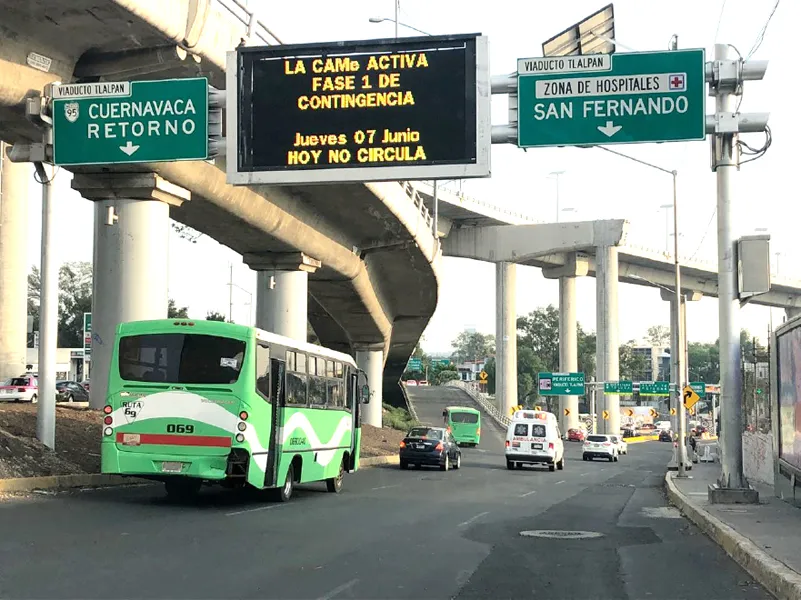Essential road resurfacing works in Melbourne, Australia, led to the closing of two major tunnels for five days over the Christmas period.
Despite predictions of major congestion, extensive planning and the use of BlipTrack Bluetooth and wi-fi sensors at key locations, delays were minimised.
Installed by BlipTrack’s Australian partner, Austraffic, the sensors provided VicRoads highway department with data to assess how a diversion route was operating and to compare journey times with previous days or
February 5, 2014
Read time: 1 min
Essential road resurfacing works in Melbourne, Australia, led to the closing of two major tunnels for five days over the Christmas period.
Despite predictions of major congestion, extensive planning and the use of BlipTrack Bluetooth and wi-fi sensors at key locations, delays were minimised.
Installed by BlipTrack’s Australian partner, Austraffic, the sensors provided4728 VicRoads highway department with data to assess how a diversion route was operating and to compare journey times with previous days or weeks, enabling VicRoads to warn drivers of expected delays.
Despite predictions of major congestion, extensive planning and the use of BlipTrack Bluetooth and wi-fi sensors at key locations, delays were minimised.
Installed by BlipTrack’s Australian partner, Austraffic, the sensors provided









